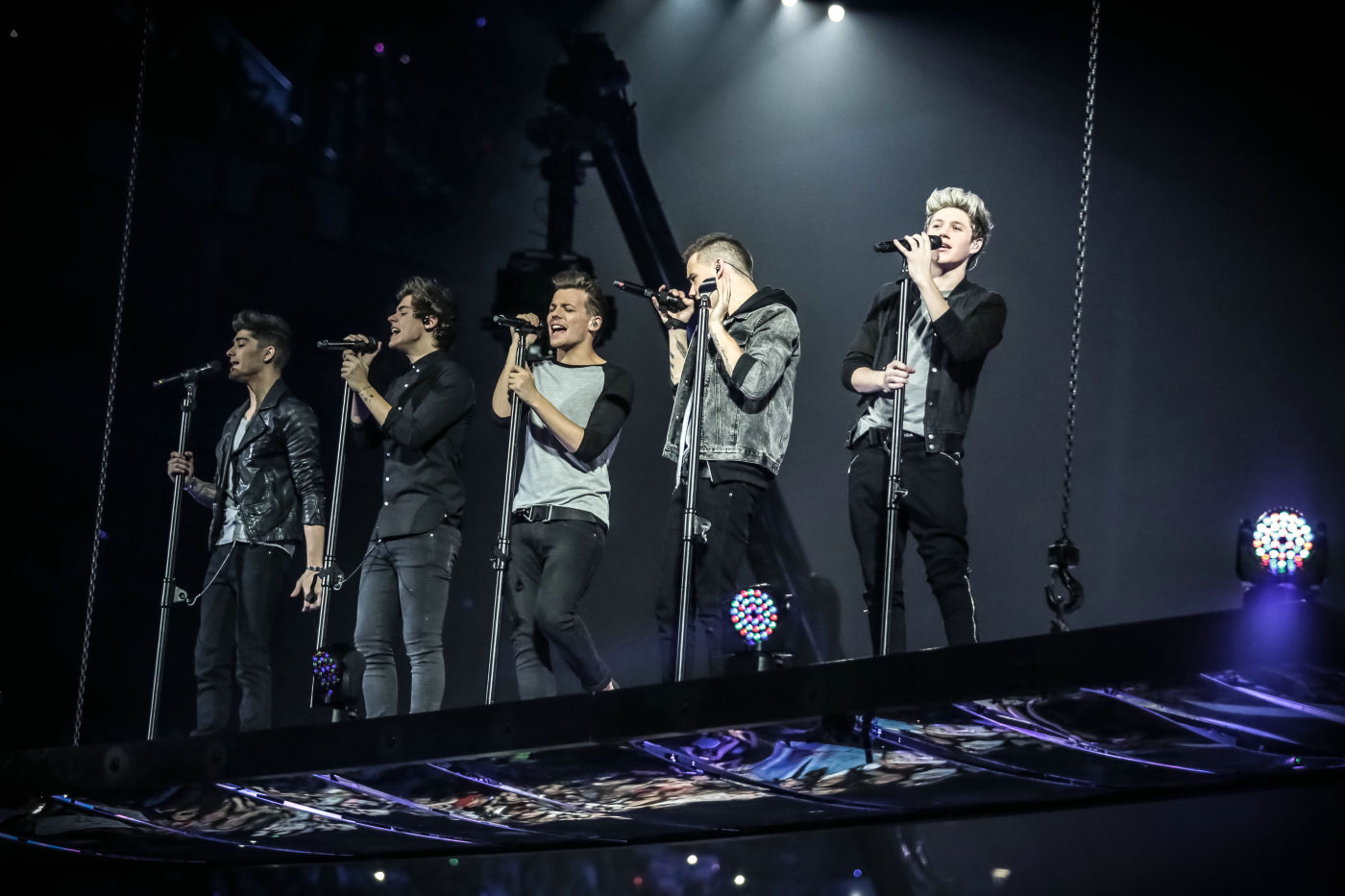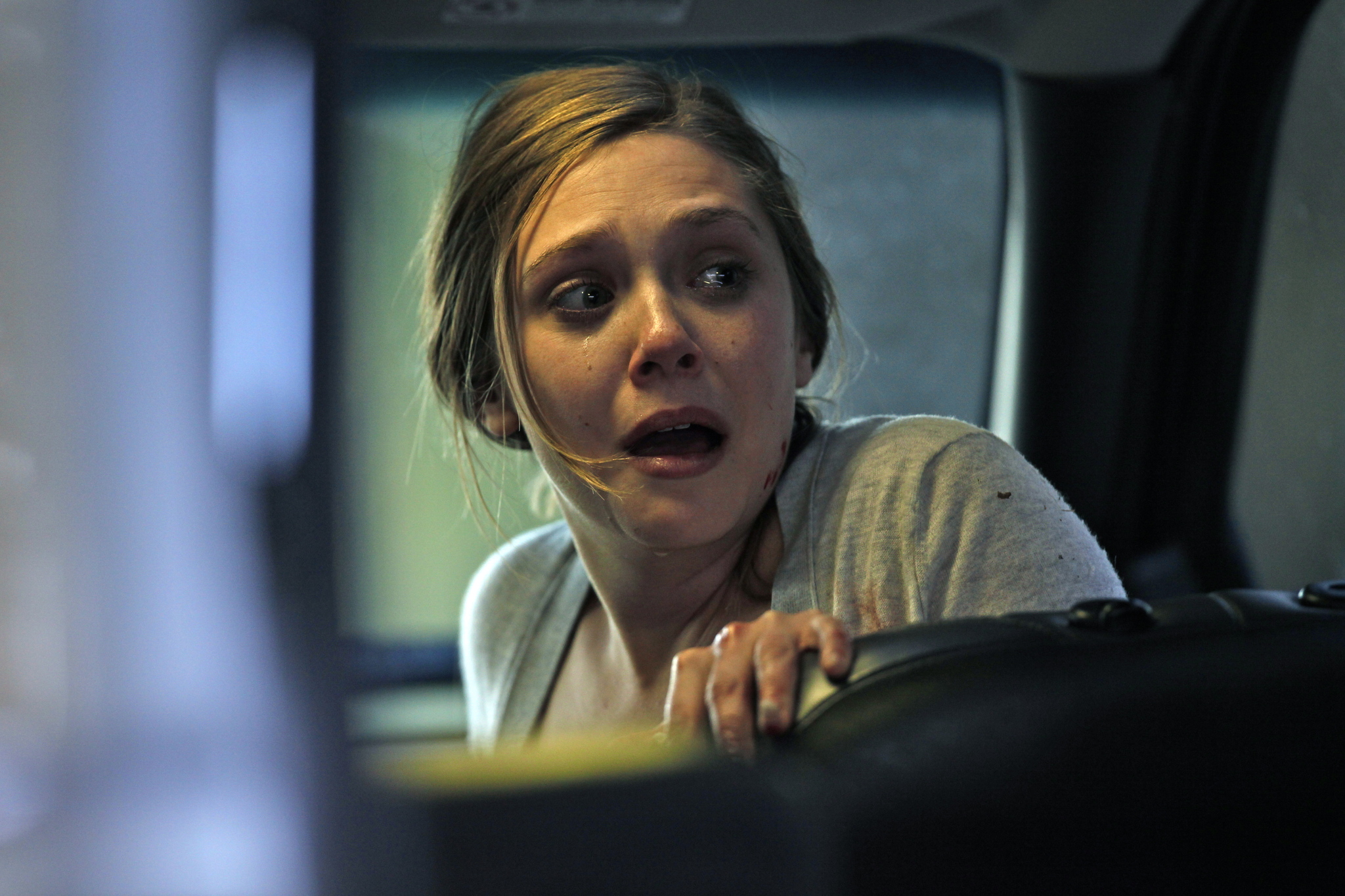Few directors on the planet have been able to manipulate me like Robert Zemeckis. Cast Away and Forrest Gump both contain scenes that make me weep instantly. In fact, when pressed to describe my favorite scene in all of moviedom, I’d point to the moment where Forrest and Jenny reunite in the wading pool at the National Mall.
This time around, I think Zemeckis got impatient. I think he’d had enough of extended character development and story arc and went straight for the hanky stuff. The result is the most ambitious picture of the year. Is it one that will make you weep? Very likely. It is a good picture? The jury is still out.
There are two remarkable facets of this film, and I have to describe both up front: 1) Here never changes location. Every shot is same exact place on Earth, different time. There are scenes set in the pre-historic era, the Lenni-Lanape era, the colonial era, and then the film mostly shows scenes from the 20th Century, when the house gets built and we can spy voyeuristically upon all the intimate details that occurred in the living room over a century+ of hijinks. 2) Here doesn’t have any traditional scene cuts. There are no blackouts or screenwipes of any kind. What will happen is you’ll watch a scene and a rectangular box will appear within the screen. The box shows a scene from a different era. Sometimes there are multiple boxes and eventually the rest of the screen will fade into the era the box represents. It’s easier to follow visually than in writing, but basically, you’ll be watching a dirt road from the colonial era and, say, a box with a TV will appear, and moments later, you’re inside a house in the 1960s.
The main story is about the couple that moved in post WWII, Al (Paul Bettany) and Rose (Kelly Reilly). They aren’t a happy couple, and we’re only too relieved when they give over telling their part of the story to their eldest son Richard (Tom Hanks) and his teen girlfriend Margaret (Robin Wright). Their coupling is sweet but tainted with a healthy amount of sadness. Keep in mind, Here isn’t really about any couple; it’s more about the location and the big things that happened on that very spot throughout time. The families in the film span from the first house owner, an aviator and his wife/daughter from 1910s, to the last, a larger family who made through COVID not unscathed. The best couple in the film is an inventor (David Flynn) and a pin-up model (Ophelia Lovibond). The latter two are only happy people in the film, so I was delighted when they got their 30-second moments of screentime.
but tainted with a healthy amount of sadness. Keep in mind, Here isn’t really about any couple; it’s more about the location and the big things that happened on that very spot throughout time. The families in the film span from the first house owner, an aviator and his wife/daughter from 1910s, to the last, a larger family who made through COVID not unscathed. The best couple in the film is an inventor (David Flynn) and a pin-up model (Ophelia Lovibond). The latter two are only happy people in the film, so I was delighted when they got their 30-second moments of screentime.
In retrospect, Here feels like a feature-length trailer. Not one of those smash-cut trailers, but like a romance where we get to see a couple’s evolution during a two-minute run-time. Here chose to show the poignant moments from every living room scene. We see birth, we see death. We see sex. We see romance. I know what you’re thinking, “Yes, yes, we see this in all films.” You’re not wrong. You do. But -generally- you see it build. Over time. With one set of characters. We generally don’t see Lenni-Lenape woman pregnant, and Rose pregnant, and suddenly in the next fade Margaret gets to birth everybody’s baby. That’s unusual and it makes for a film which is a weird combination of high emotion, slow-paced, and -paradoxically- high energy. It isn’t hard to keep up with the film, but it will require your emotional attention every five minutes or so.
Here is ambitious. It is based on a graphic novel, one I hope that was a success. It combines a lot of movie magic with modern scene-switches as described above, and characters who age at will. Tom Hanks and Robin Wright are both, literally, different ages every.single.time you see them anew. The results are … believable enough. Sure, I guess Tom Hanks can sorta be a teen in this scene. And he and Ms. Wright are good enough actors to convey a feeling of whatever age they’re supposed to be. I guess this isn’t the first time Hanks has played a character decades younger than he actually is, huh? Here is sad. That makes sense, many of the big moments of your life are sad, and Here didn’t skip any of them for generations. You don’t leave the theater with a sense of hope and joy, but more with a feeling of exactly how old you are and exactly how much time you’ve got left. I daresay that is a unique feeling upon leaving a film, but I cannot say it’s a good one.
A film with little charm but much grace
Is set over time in exactly one place
A new face fades in
Then fireworks begin
The definition of perpetual living space
Rated PG-13, 104 Minutes
Director: Robert Zemeckis
Writer: Eric Roth, Robert Zemeckis, Richard McGuire
Genre: Generations of pathos
Type of being most likely to enjoy this film: The Wistful
Type of being least likely to enjoy this film: The Impatient



